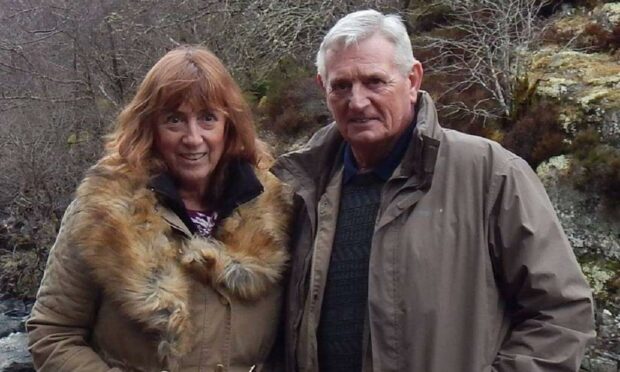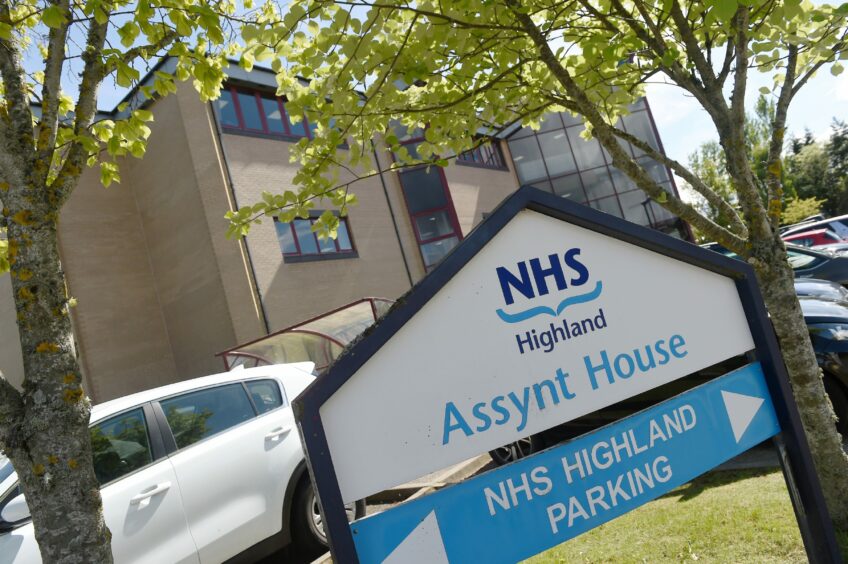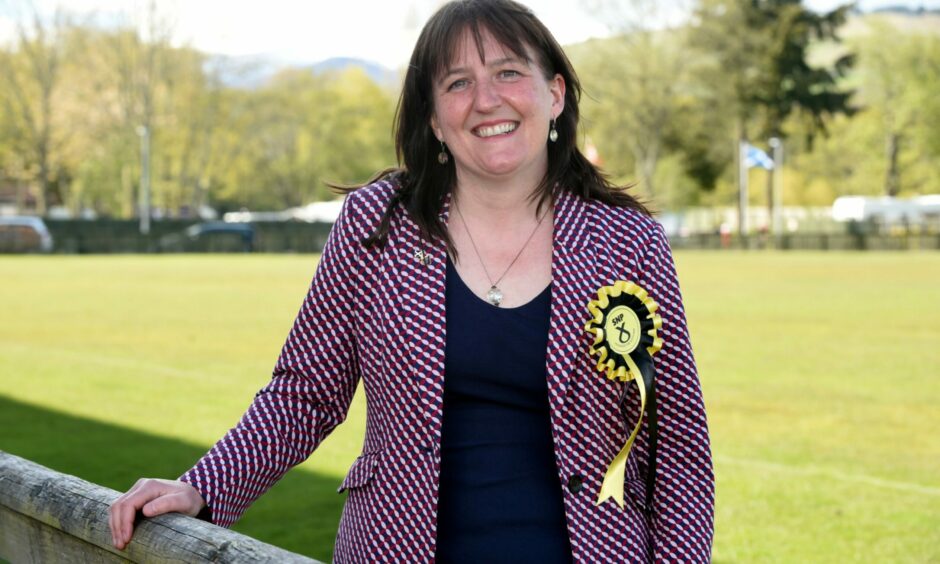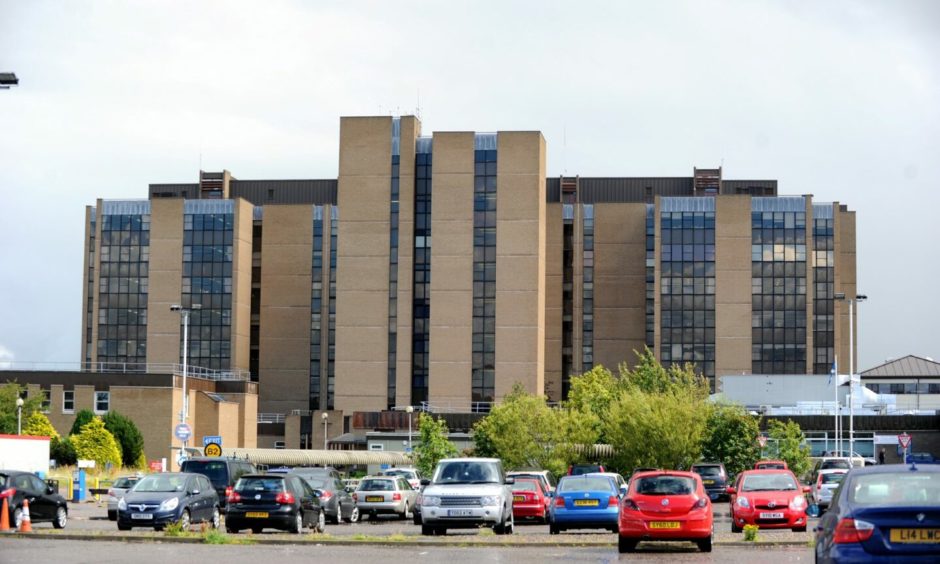Waiting times for hip and knee replacement operations in the Highlands have been branded “inhumane” by a woman whose husband requires surgery.
Eileen Bryant investigated the issue after becoming frustrated at seeing her husband Mike endure agony waiting for a hip replacement.
Using freedom of information she discovered there are more than 1,000 people on waiting lists for hip and knee replacements in the NHS Highland area.
What are the waiting times for knee and hip replacements?
Average waits for non-urgent cases range from over a year and a half to over two and a half years.
At December 29, there were 512 patients waiting for a hip replacement and 547 for a knee replacement.
Average waiting times for routine hip patients were 101 weeks in October and 87 weeks in November.
For knee replacements, the average wait was 114 weeks in October and 132 in November.
The figures exclude urgent referrals where treatment is required within four weeks.
Mrs Bryant, a retired project coordinator from Portskerra in north Sutherland, has also raised the issue with her local MSP Maree Todd, who is public health minister.
She said her husband Mike, 74, has had problems with his right hip for more than three years.
He was put on the waiting list ahead of the couple moving from Dumfries and Galloway to Sutherland in 2020.
The retired motor trade executive and former keen sportsman now uses a stick and is unable to walk more than 50 yards.
“He is in agony and it’s affecting his quality of life,” said Mrs Bryant.
“He’s just getting worse and worse. He can’t do the things he would normally do, like play golf.
National Treatment Centre delayed
“I see him trying to do things and he just can’t. It’s awful.”
Mrs Bryant said she lodged a FOI request after hospital staff were unable to give her husband a timescale for treatment.
“I thought that was unacceptable. The situation is inhumane.
“The waiting lists are disgraceful, just ridiculous. They have to do something about them.”
Earlier this month it was revealed the delayed National Treatment Centre in Inverness, seen as key to reducing waiting lists, has still to recruit 85% of its staff.
The centre is scheduled to open in autumn.
As of December 21, 6,237 patients are on NHS Highland’s waiting list for scheduled elective operations, with more than a third waiting for more than a year.
Responding in her capacity as MSP for Caithness, Sutherland and Ross, Maree Todd said: “The impact of Covid-19 has not just been felt by those who have had the virus.
“It has also affected those waiting on elective surgery and treatments, like Mr Bryant.
“I know that the wait for surgery is having a significant impact on Mr Bryant’s quality of life.
“Since meeting with his wife last week, I have written to NHS Highland to request possible timescales for his hip operation.
“I am also due to meet with NHS Highland this week alongside local parliamentary colleagues to discuss remobilisation of elective care in Highland.”
Increasing capacity will help tackle backlog
She said increasing NHS capacity will be central to tackling the backlog and reducing waiting times.
“This is why the Scottish Government has committed in its NHS Recovery Plan to build a network of National Treatment Centres.
“With a centre in Highland due to be operational later this year, this will help to alleviate capacity pressures on the health board and enable the delivery of a wide range of elective and diagnostic care.
“In maintaining our resilience against Covid-19 and other pressures, the Scottish Government will continue to provide targeted investment to reform the system and ultimately get everyone the treatment they need as quickly as possible.
“I hope to have an update for Mr and Mrs Bryant soon.”
A NHS Highland spokeswoman said: “Our clinical emergency pathways have been under significant pressure across primary and secondary care.
“As a result of these pressures, we remain challenged in maintaining all the services with elective care particularly affected.
“We know it is extremely disappointing to patients who have been waiting too long for their orthopaedic operations, often in pain, and to our colleagues in orthopaedics who are determined to help their patients.
“We would like to apologise to our patients who have been affected by this.”



